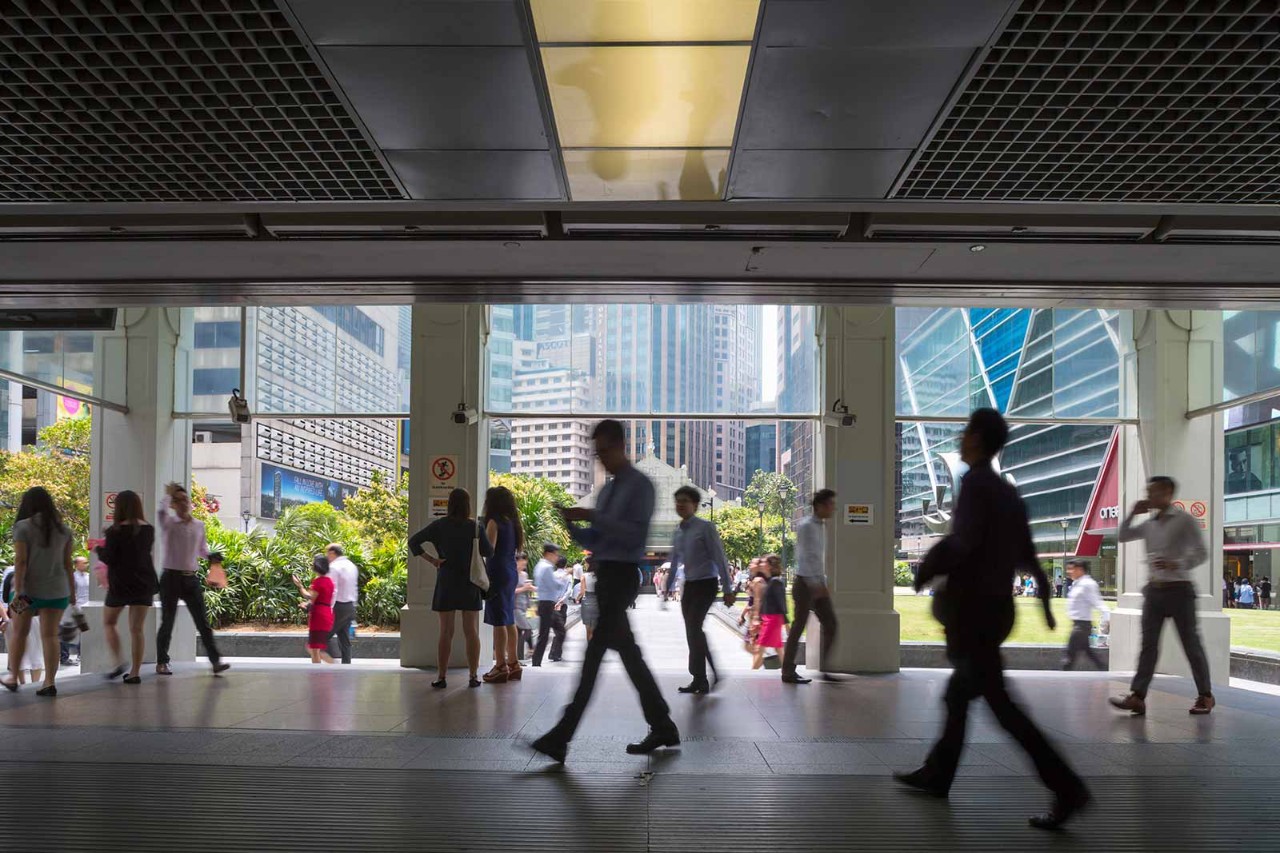
Today’s workplace has undergone a sea change since the Covid-19 pandemic. Even as employees return to the office, their expectations and values have shifted. This has propelled employers to pivot their strategies for managing organisations, including retaining and attracting talent.
In a plenary session at the 2022 ACCA Singapore virtual conference entitled ‘The multigenerational workforce in the post-pandemic workplace’, Rachele Focardi, founder of XYZ@Work, revealed findings from a recent study on emerging workplace trends and what they mean for organisations.
Engage and empower
About half of the 859 respondents interviewed from June 2021 to January 2022 were based in South-East Asia, with the rest from North America, mainland China, Hong Kong SAR and Europe. The participants comprised baby boomers, Generation X, Millennials and Generation Z from sectors including accounting and auditing, education, computer software and technology, and financial services.
‘It is more important now than ever for business leaders to truly understand each generation in the workplace: what shaped them, what drives them, and what their needs and priorities are,’ said Focardi.
‘Creating an environment where all employees, across age groups, feel equally heard, valuable and empowered is the only way to unleash the full power of intergenerational collaboration and drive the business into the future.’
Striking a balance
Focusing on the accounting industry, 78% of employees surveyed now have hybrid working arrangements, compared with just 51% across other sectors. And 92% of accounting employees said that, overall, they were happy with the way their organisations handled the shift to remote work during the pandemic.
‘It is more important now than ever for business leaders to truly understand each generation in the workplace’
However, 43% experienced a deterioration in work-life balance during the pandemic – significantly higher than the 31% across all other industries. Focardi cited one respondent who struggled to draw boundaries when working from home, a factor that led to stress and perceived poor work-life balance.
‘Work life balance is definitely impacted by region,’ Focardi noted. ‘We see that in North America, people have struggled the most with work-life balance. In Europe, they have benefited the most, while in South-East Asia or Asia in general, it’s remained pretty flat.’
Mental health concern
On the issue of mental health, 51% of respondents from the accountancy profession saw a significantly higher negative impact, compared with 33% in other sectors. Factors included stress, the blurring of work and play, longer working hours during the pandemic, a lack of exercise, and expectations from bosses to be contactable outside office hours.
Also noteworthy is how different generations perceived the importance of mental health support. For example, 28% of Generation Z employees cited this as a key initiative to bond remote teams, compared with 20% for baby boomers.
Interestingly, too, more females (35%) than males (23%) across the board reported an improvement in mental wellness since the start of the pandemic. And in line with earlier findings on work-life balance, North American employees grappled the most with negative impact on mental health, while employees in South-East Asia were less affected, Focardi said.
Higher productivity
While remote and hybrid working arrangements have made it difficult for some employees to separate work from play, overall they have yielded higher productivity. By cutting out the daily commute, all generations of employees reported a positive impact on productivity.
Still, Focardi pointed out that, in the accountancy profession, the negative impact on productivity is slightly higher at 30%, compared with 20% for other sectors.
Meanwhile, 71% of respondents across the board reported that it had been more challenging to collaborate with their colleagues during the pandemic.
Some 41% of accounting employees observed that the quality of cross-generational interactions with co-workers worsened during the pandemic, compared with 27% in other industries.
Shifting priorities
The pandemic has sparked a mindset change in many employees globally. Having experienced upheaval in their lives and the flexibility of remote working during the pandemic, many are rethinking their relationship with employment.
‘Gen Z very strongly believes that it’s their job to save the world’
The survey found that 45% of accounting employees do not plan to stay on in their current roles, saying that finding a purpose in life is a key priority, Focardi said.
Challenge for employers
In a discussion with Focardi, Chiew Chun Wee, ACCA’s regional head of policy, ASEAN ANZ, cited companies’ commitment to sustainability as a key factor in attracting talent.
Focardi commented that the nature of the work of the accounting sector makes it harder to explain its social impact to the world. However, that can no longer be ignored, especially when it comes to retaining and attracting younger workers.
‘Gen Z very strongly believes that it’s their job to save the world,’ she said, and urged accounting firms to be bold in articulating their sense of purpose and vision, always ensuring that its work contributes to sustainability.
The pandemic has upended long-held norms, not just in the workplace but in the lives of everyone. Yet it has also brought opportunities for organisations to drive change, including exploring how they manage talent and do business sustainably.
More information
Read our articles on the ACCA Singapore annual virtual conference 2022, The future of work and Time to shape tomorrow’s firm.


